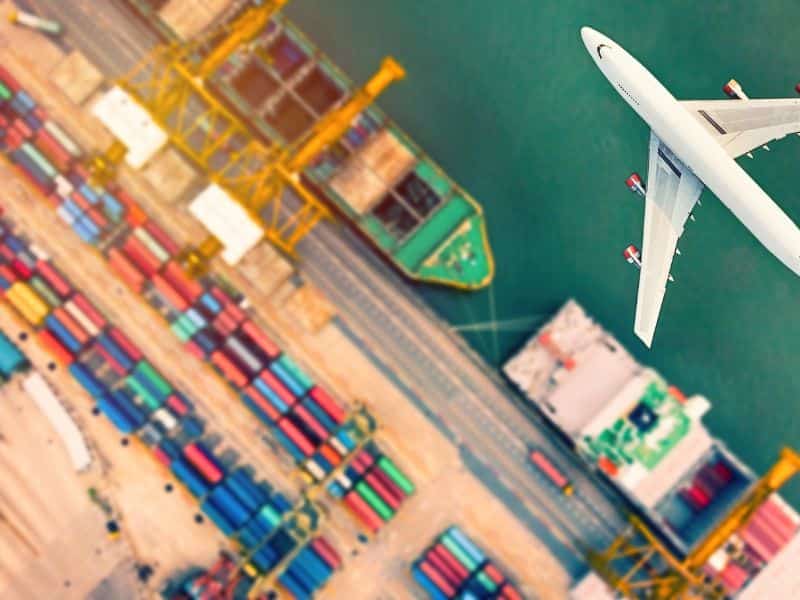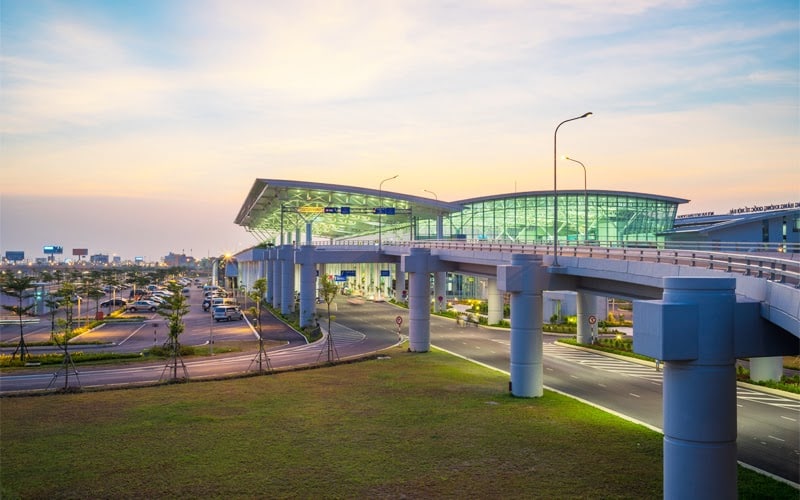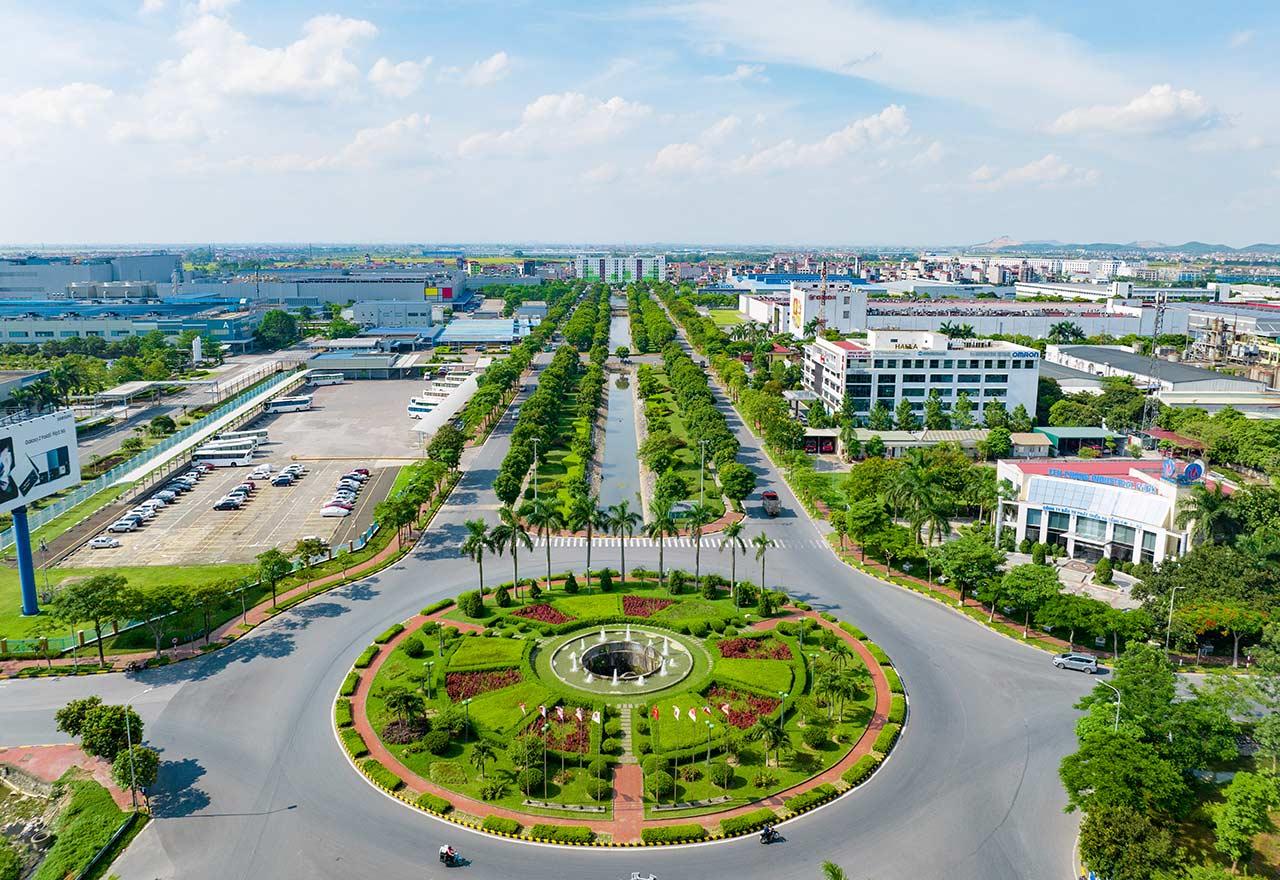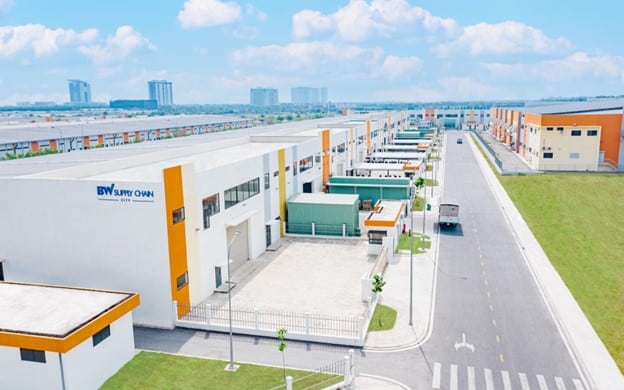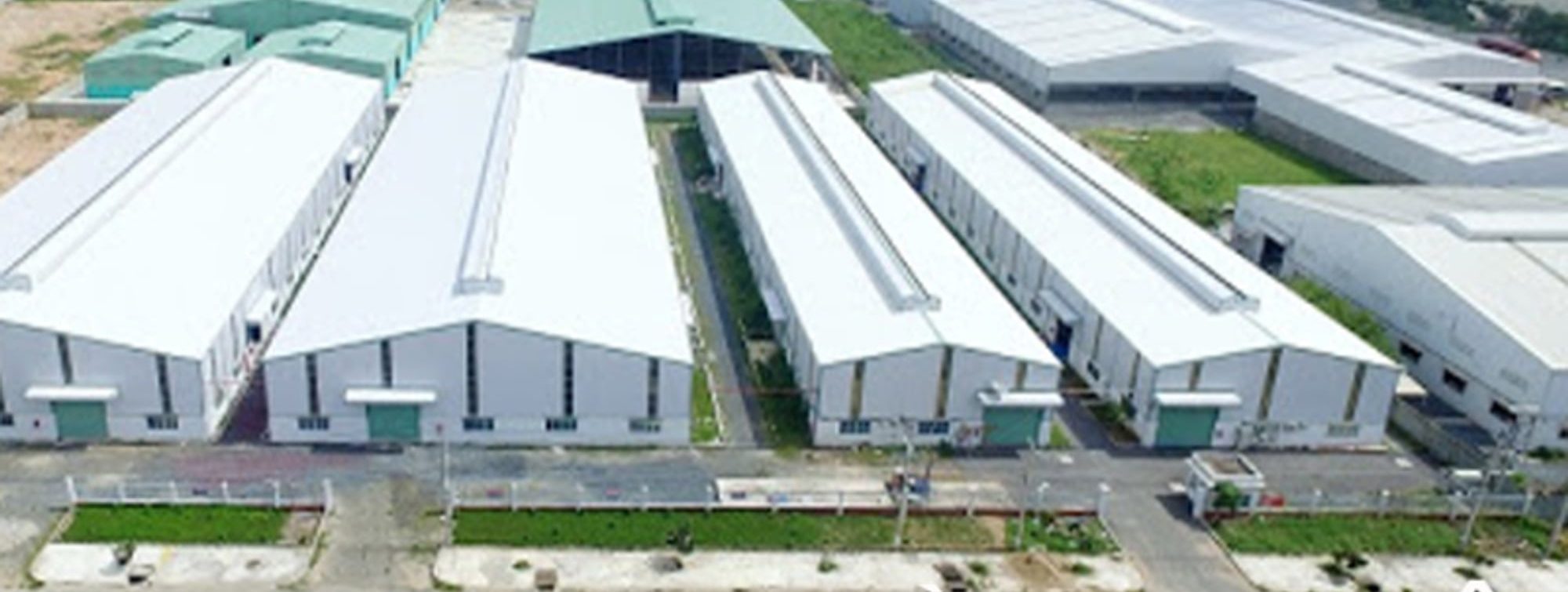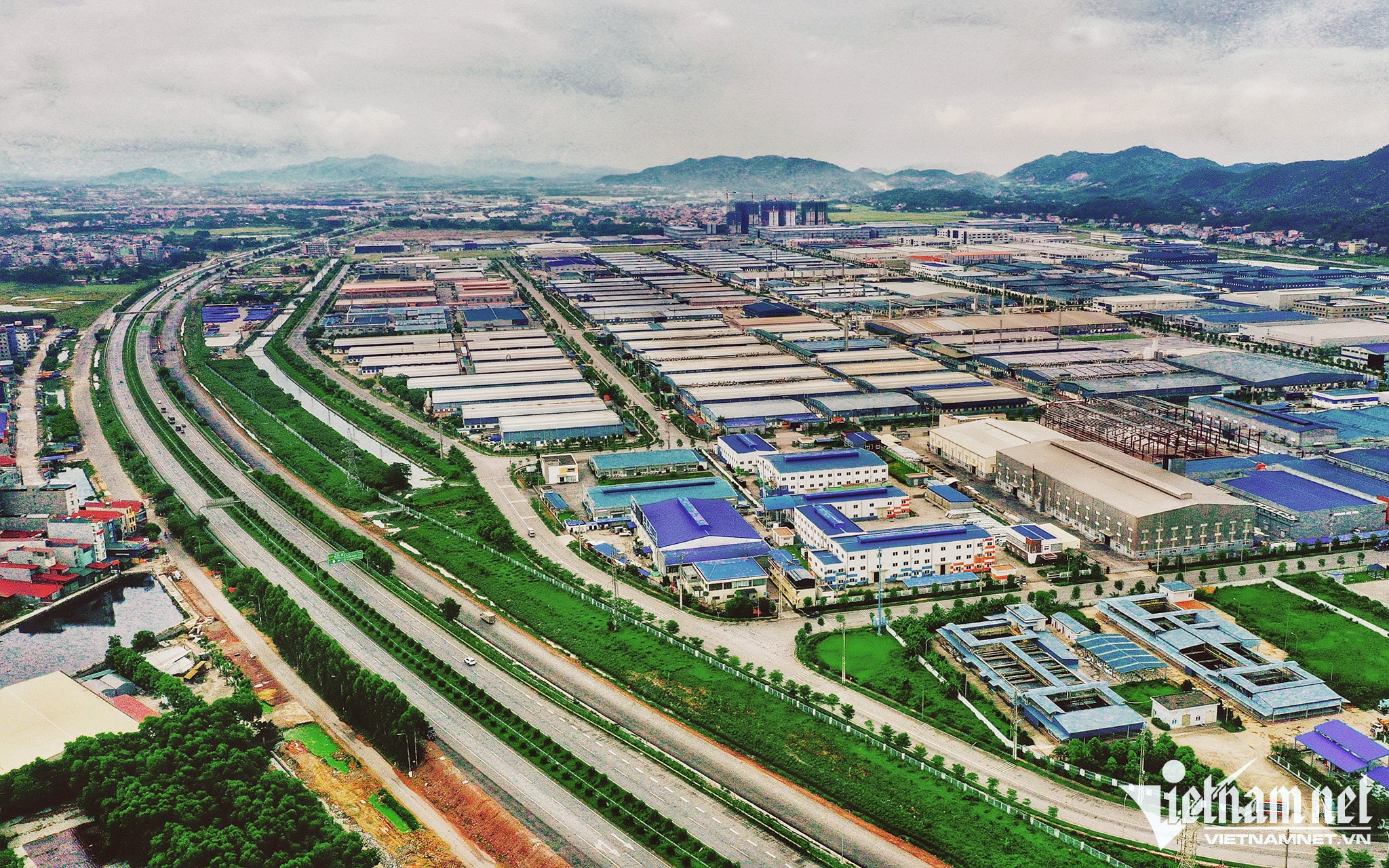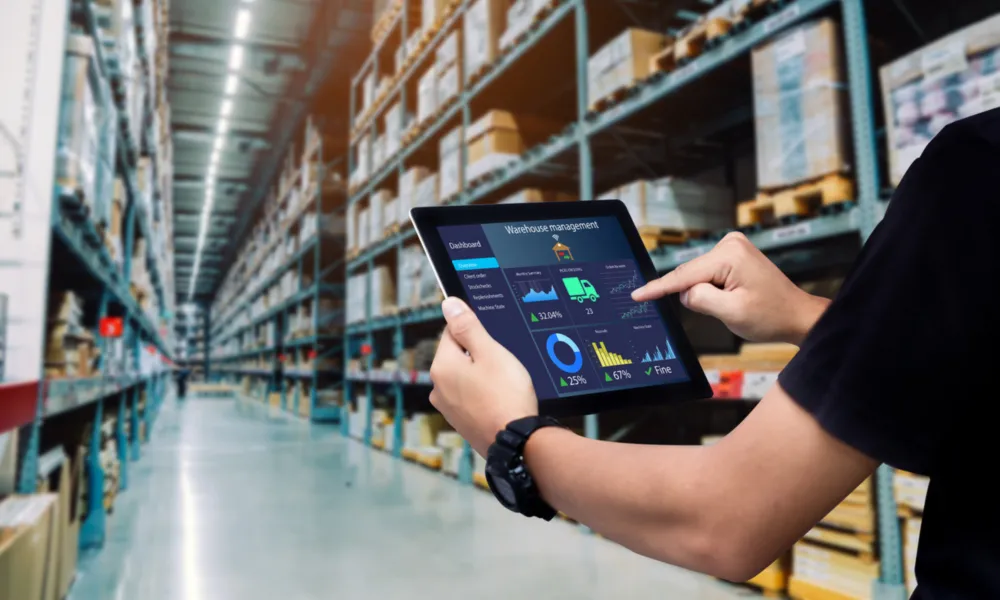Vietnam’s logistics industry has undergone significant transformation in recent years, propelled by the country’s robust economic growth and increasing integration into global trade networks. With a strategic geographic location and a rapidly expanding economy, Vietnam has emerged as a key player in the regional logistics landscape. The industry encompasses a wide range of activities including transportation, warehousing, distribution, and supply chain management. As Vietnam continues to attract foreign investment and expand its trade relations, the logistics sector plays a crucial role in facilitating the movement of goods and driving economic development.
Current Landscape of Vietnam’s Logistics Industry
Vietnam’s logistics industry is characterized by a dynamic ecosystem of key players and stakeholders operating within a diverse and evolving landscape. Key players include domestic and international logistics service providers, freight forwarders, shipping lines, warehouse operators, and transportation companies. These entities play integral roles in facilitating the movement of goods within Vietnam and across international borders, contributing significantly to the country’s economic growth and development.

Infrastructure and transportation networks form the backbone of Vietnam’s logistics industry, encompassing a network of roads, railways, ports, airports, and inland waterways. The country has made substantial investments in infrastructure development to enhance connectivity and facilitate the efficient flow of goods. Notable infrastructure projects include the expansion and modernization of ports such as Hai Phong, Da Nang, and Ho Chi Minh City, as well as the development of expressways and railways linking key economic centers.
Despite the progress made in infrastructure development, the logistics industry in Vietnam faces several challenges. These include inadequate transport infrastructure in certain regions, congestion at ports and airports, inefficient customs procedures, and regulatory barriers. Additionally, logistical inefficiencies such as fragmented supply chains, lack of transparency, and limited access to advanced technology and logistics services pose challenges for industry stakeholders. Addressing these challenges will be crucial for enhancing the competitiveness and efficiency of Vietnam’s logistics industry and unlocking its full potential in the global market.
Innovations Transforming the Logistics Sector
The logistics sector in Vietnam is undergoing a transformative shift driven by innovative technologies and practices aimed at enhancing efficiency, sustainability, and competitiveness.
Technology Integration and Digitalization
Technology integration and digitalization are revolutionizing Vietnam’s logistics landscape. Companies are leveraging advanced technologies such as Internet of Things (IoT), artificial intelligence (AI), and blockchain to streamline operations, improve visibility, and optimize decision-making processes.
Digital platforms and cloud-based solutions are facilitating real-time tracking of shipments, inventory management, and seamless communication across the supply chain. These technological advancements are enhancing transparency, reducing costs, and enabling greater agility in responding to customer demands and market changes.
Sustainable Logistics Practices
Sustainable logistics practices are gaining traction as companies recognize the importance of reducing environmental impact and operating responsibly. In Vietnam, initiatives such as green logistics, energy-efficient transportation, and eco-friendly packaging are being adopted to minimize carbon emissions and resource consumption. Additionally, the implementation of renewable energy solutions, such as solar-powered warehouses and electric vehicles, is contributing to a more sustainable logistics ecosystem.
By embracing sustainable practices, companies can not only reduce their ecological footprint but also enhance brand reputation and meet evolving regulatory requirements.
Supply Chain Optimization and Automation
Supply chain optimization and automation are revolutionizing the way goods are managed, transported, and delivered in Vietnam. Advanced analytics, predictive modeling, and machine learning algorithms are enabling companies to optimize inventory levels, streamline distribution routes, and improve demand forecasting accuracy.
Furthermore, the adoption of robotics, autonomous vehicles, and warehouse automation technologies is driving efficiency gains in handling and processing operations. By automating repetitive tasks and optimizing workflows, companies can improve productivity, reduce operational costs, and enhance overall supply chain performance.
Future Outlook and Opportunities
The future of Vietnam’s logistics industry holds promising prospects driven by emerging trends, disruptive technologies, and evolving market dynamics. As the industry continues to evolve, stakeholders must adapt and capitalize on opportunities to drive growth and maintain competitiveness.
Emerging Trends and Disruptive Technologies
The logistics industry in Vietnam is witnessing the emergence of several trends and disruptive technologies that are reshaping traditional business models. These include the rise of e-commerce and omnichannel retailing, which are driving demand for last-mile delivery solutions and fulfillment services.
Additionally, the adoption of advanced analytics, artificial intelligence (AI), and robotics is revolutionizing warehouse management, transportation optimization, and supply chain visibility. Embracing these technologies enables companies to enhance operational efficiency, customer experience, and competitive advantage in the digital era.
Potential for Growth and Expansion
Vietnam’s logistics industry is poised for significant growth and expansion, fueled by robust economic development, rising consumer demand, and increasing trade volumes. With its strategic geographic location, expanding infrastructure network, and favorable business environment, Vietnam offers abundant opportunities for logistics companies to expand their operations, penetrate new markets, and capitalize on the country’s growing role in global supply chains.
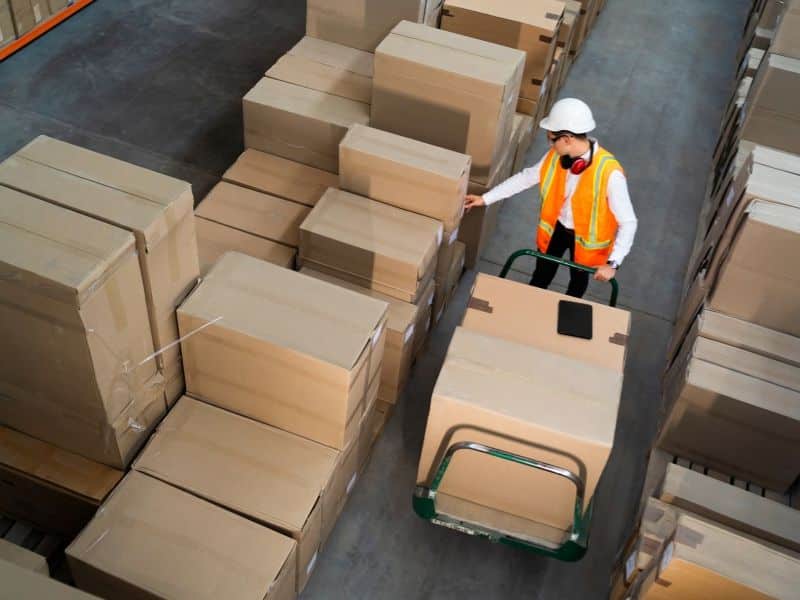
Furthermore, initiatives such as the Belt and Road Initiative (BRI) and the Regional Comprehensive Economic Partnership (RCEP) present additional avenues for growth and collaboration in the region.
Strategies for Staying Competitive in the Evolving Landscape
To stay competitive in the evolving landscape of Vietnam’s logistics industry, companies need to adopt proactive strategies that leverage innovation, collaboration, and customer-centricity. This includes investing in digitalization and automation to enhance operational efficiency and agility, forming strategic partnerships and alliances to expand service offerings and geographic reach, and focusing on customer experience and service quality to differentiate themselves in the market.
Additionally, companies should prioritize sustainability initiatives to meet regulatory requirements, address environmental concerns, and align with changing consumer preferences. By embracing these strategies, logistics companies can position themselves for sustainable growth and success in Vietnam’s dynamic and rapidly evolving industry landscape.
Conclusion
As companies navigate the evolving landscape of Vietnam’s logistics industry, it’s crucial to stay ahead of the curve and leverage expert insights and advisory services. Partnering with Savills Industrial provides access to comprehensive market intelligence, strategic guidance, and tailored solutions designed to address the specific needs of Vietnam’s logistics sector. By collaborating with Savills Industrial, companies can unlock opportunities, mitigate risks, and drive success in Vietnam’s dynamic and rapidly evolving logistics landscape.
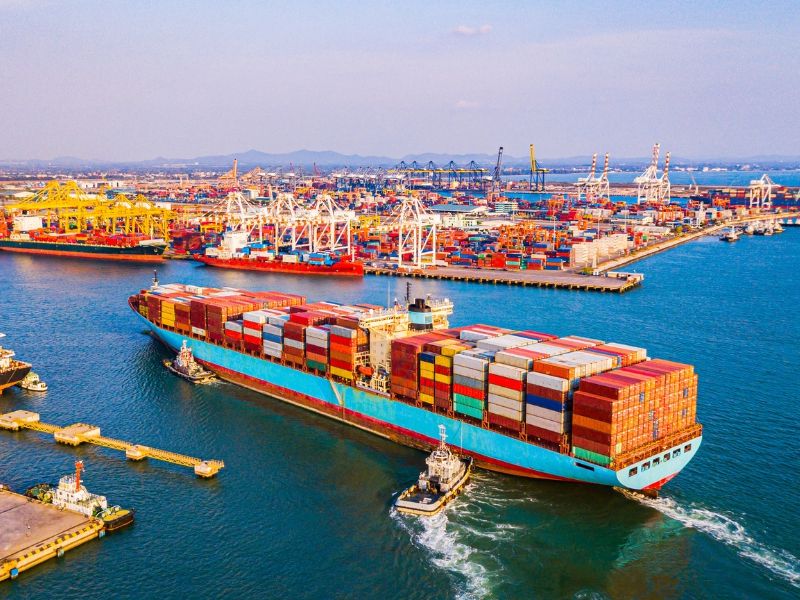
Ready to drive innovation and achieve sustainable growth in Vietnam’s logistics industry? Partner with Savills Industrial for expert insights, strategic advisory, and market intelligence tailored to your business needs. Contact us today to explore opportunities and stay ahead in Vietnam’s dynamic logistics sector.



